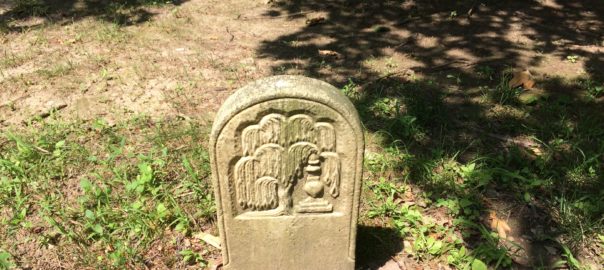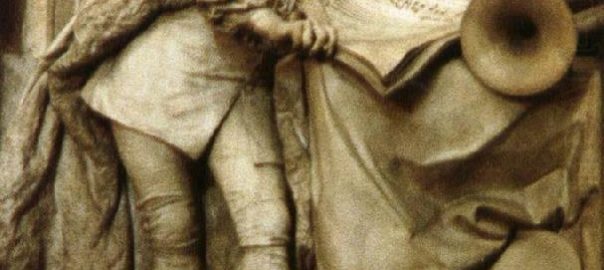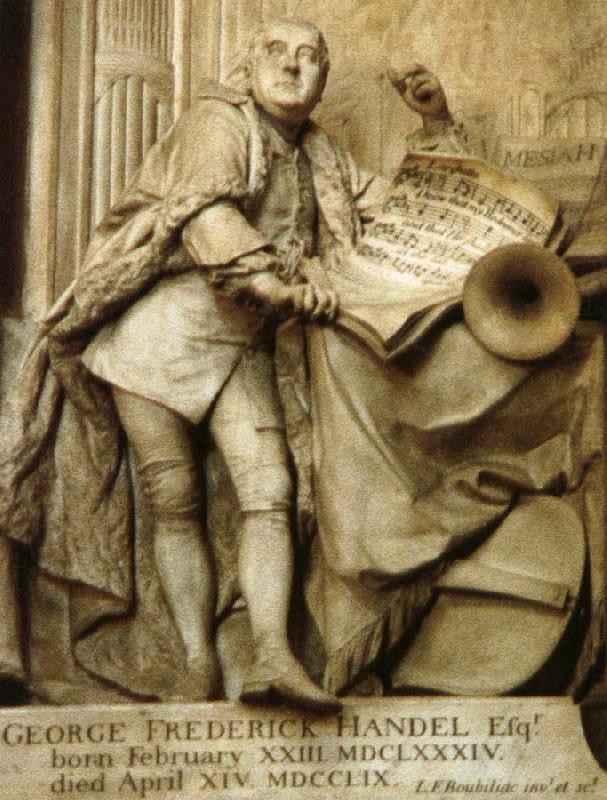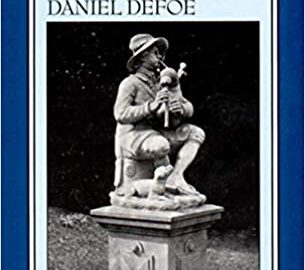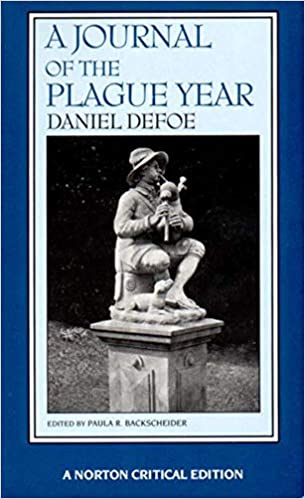Handel blog 12*
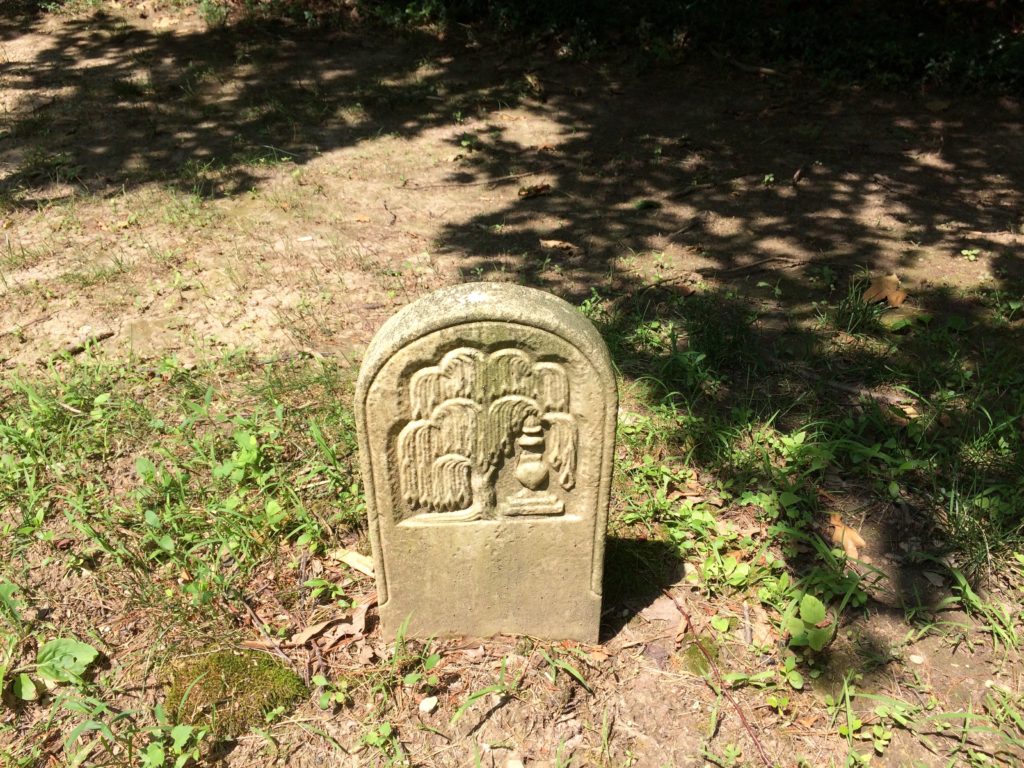
From Angela: Forella asked me to send this along to our group. Fortunately for us, Forella’s townhouse is large enough that our little “family” is sheltering in place pretty comfortably, with me on the lower level, Forella on the main floor, and Annie and Randolph on the upper floor. We come together for meals and some activities, but the balance of together and alone time is really good. My heart goes out to those who have no such safe and comfortable place to call home. Anyway, Forella wanted to raise an issue that came up after she learned of yet another of her friends dying from the coronavirus. This most recent friend was younger, just in her early seventies, and she hadn’t made any plans for what her family should do if she died. This was the issue Forella raised: how do you make a memorial marker or somehow permanently honor someone who dies and is cremated? How do we celebrate the life of someone who dies during this pandemic?
From Katherine: Thank you, Angela, for writing this out for us. Forella told me later that she had especially appreciated a comment you made while you were discussing the issue. You said, sadly, that both of your parents died young and were buried in a cemetery in your hometown. You found the knowledge that you could go visit their graves comforting. She said you didn’t do it often, but knowing that you could was something you treasured. Some religious traditions find it troubling if there is no actual body to bury, if, for example, the individual is cremated. But I think another issue really is, as Forella suggested, a matter of where there is a record, a visible sign that someone has died and is honored or remembered by others. It is comforting to those left behind to have this tangible connection. Even when a family chooses cremation rather than burial, the survivors often want some place or object or marker that will always serve as a connection to the departed person.
From Ross: I remember that Mother and I talked at some length about grave markers after our trip over to Cincinnati, when Rosie was married in the chapel at Spring Grove cemetery. Some of the statuary there was very elaborate, probably rather like the statue Roubiliac designed some few years after Handel died and had placed as a memorial in Westminster Abbey. But I was interested to see, when I visited the Abbey, that Handel’s actual grave was marked with a black marble gravestone on the floor in the south transept of the cathedral. The statue was above along with other famous people honored in the Poet’s Corner. You can read a little more about the statue here.
From Rayette: We did have a discussion about cemeteries back when we were reading the letters. I remember thinking even then about all the people who died but were never remembered with a headstone or marker of any kind. (p. 342). It is good that cremation has become more acceptable, I think. It isn’t as expensive, and people can ask to have the ashes of their loved one placed in an urn or a necklace. You can read about some of the alternatives to burial here. Of course some people still want a specific place, such as a mausoleum or columbarium. I agree with Angela. It is comforting to know that you can always go reconnect with people who have died by visiting their graves. Grave markers offer us little short biographies, sometimes with symbolic figures or biblical verses carved on them. I don’t think my children would like it if I just wanted to have my ashes scattered to the wind.
From Katherine: Handel was unusual in having had a wonderful statue made of him well before his dying day. I saw the statue at the Victoria and Albert Museum. I’ll attach a photo below. Normally statues were created after a famous person died, just as the one at Westminster Abbey was some three years after Handel died. But today people often select their gravestones well in advance and decide what they want carved or inscribed on it. Some of the symbols have long traditions. You can read about some of them here. We haven’t really solved the issue of how to keep a remembrance of those who have died, especially if they have chosen to be cremated. Perhaps that is a topic for another time. I am sorry, Forella, that you have lost another friend. May we all stay safe and well.
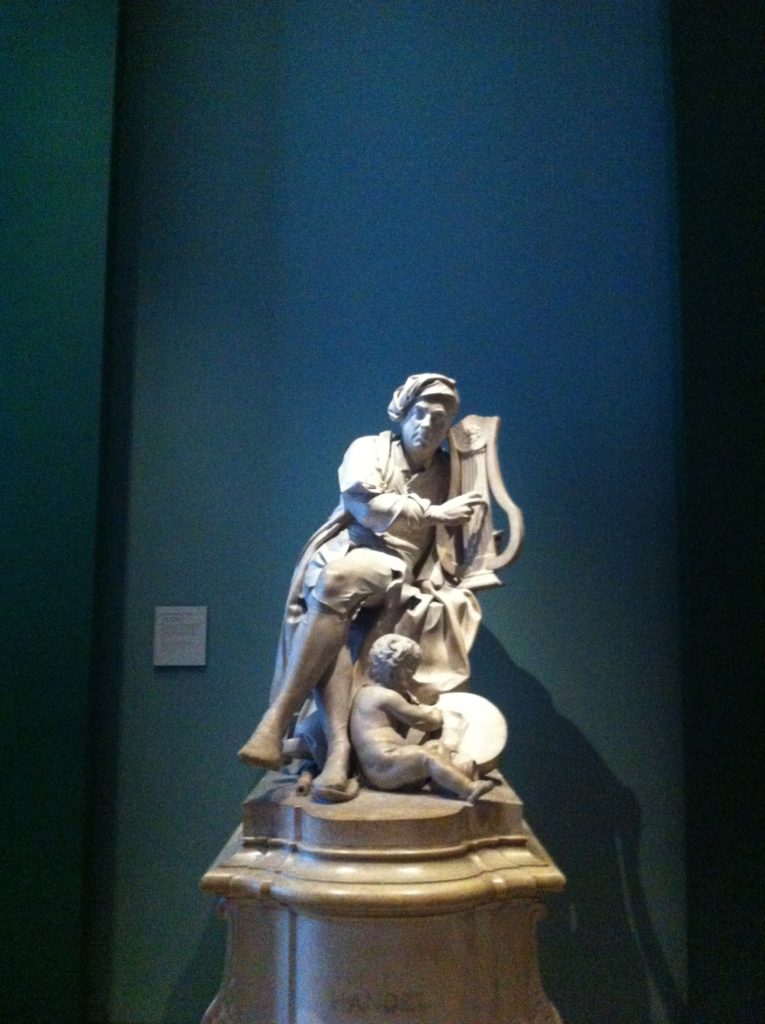
*All posts listed as “Handel blog” are texts that use the fictional characters in my book The Handel Letters: A Biographical Conversation. As in that book, the posts will often reference things from Handel’s life or time period as starting points. And the post will cite a page or paragraph in the book when it seems relevant. Find The Handel Letters.
